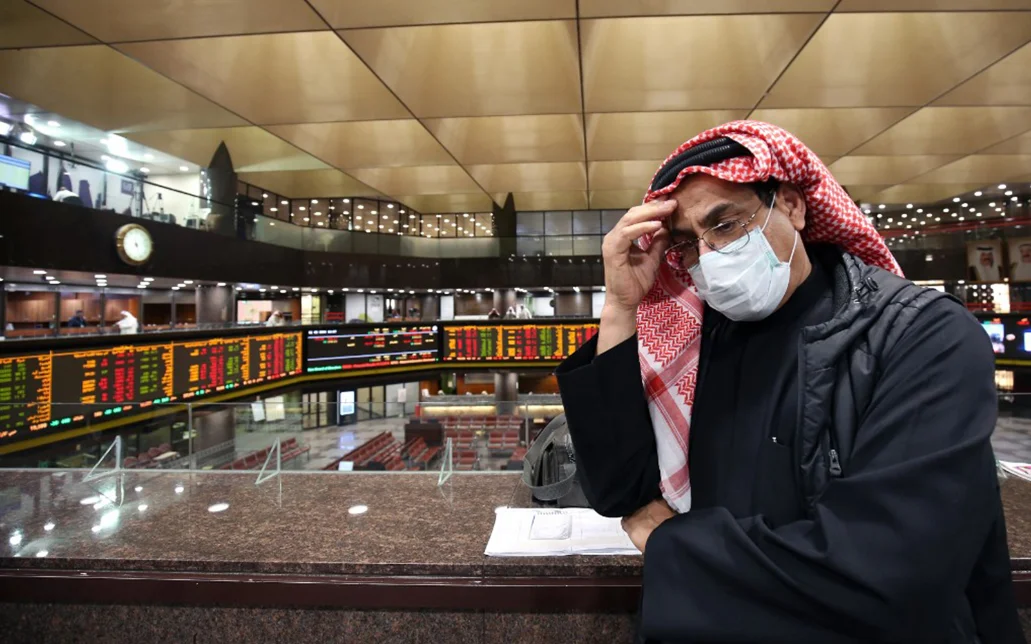On Thursday, the Gulf Stock Markets experienced a significant drops. This was in response to declining oil prices, which in turn were influenced by uncertainty about future oil demand and concerns that the U.S. Federal Reserve might maintain higher interest rates for an extended period, making investors less optimistic.
Oil prices, which have a substantial impact on the Gulf’s financial markets, plummeted by over $5 on Wednesday. This marked the most substantial daily decrease in over a year. The decline was driven by a less optimistic overall economic outlook and worries about reduced demand for fuel, which became more prominent after a meeting of the OPEC+ panel.
On Thursday, Brent crude oil prices dropped by 0.7%, settling at $85.17 per barrel as of 1:00 PM GMT.
In Dubai, the main stock market index, known as the Dubai Financial Market General Index, experienced a significant decline of 1.2%, marking the most significant drop in over six months. This decline affected all sectors, with real estate developer Emaar Properties and Emaar Development both seeing losses of 1.8% and 3.9%, respectively.
Additionally, Emirates NBD, the largest bank in the emirate, saw its stock price decrease by 2.2%.
The stock market in Qatar, represented by the Qatari index, experienced a significant decline of 1.2%. This was the most substantial drop since the end of August. The decline affected all sectors, with Qatar Gas Transport and Mesaieed seeing losses of 2.7% and 3.2%, respectively.
Among the companies that saw declines, major players like Qatar Islamic Bank and Commercial Bank both lost 2.2% and 2.1%, respectively.
In Saudi Arabia, the benchmark index also saw a decrease of 0.7%, marking the sixth consecutive session of losses. Notable companies like the oil giant Saudi Aramco and Atheeb Telecom experienced drops of 1% and 2.7%, respectively.





